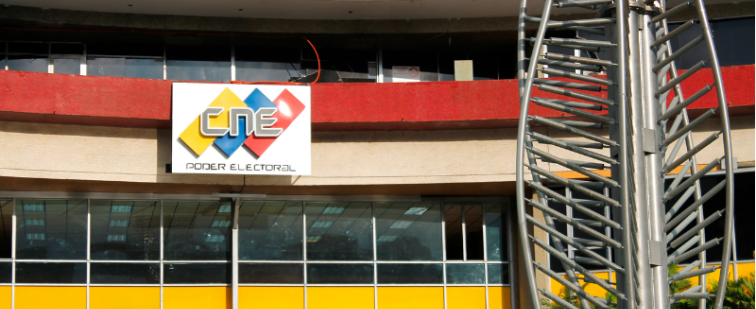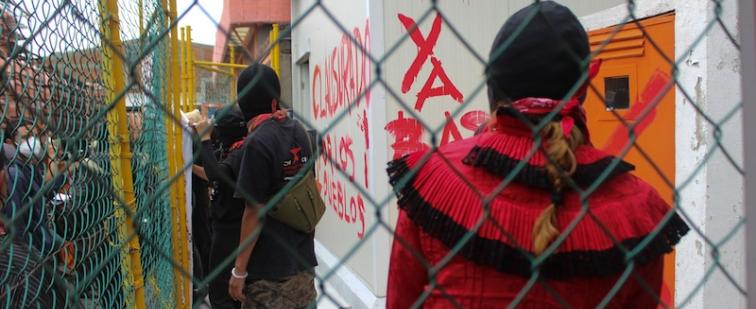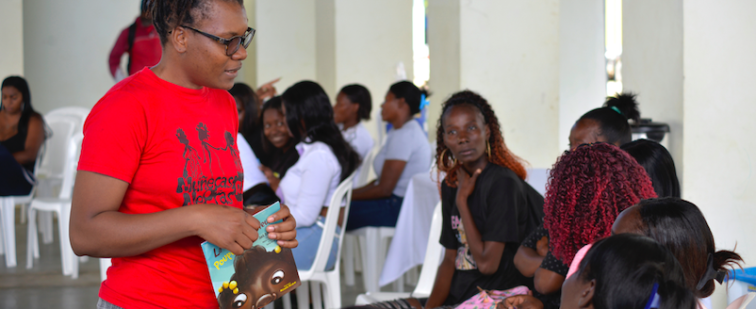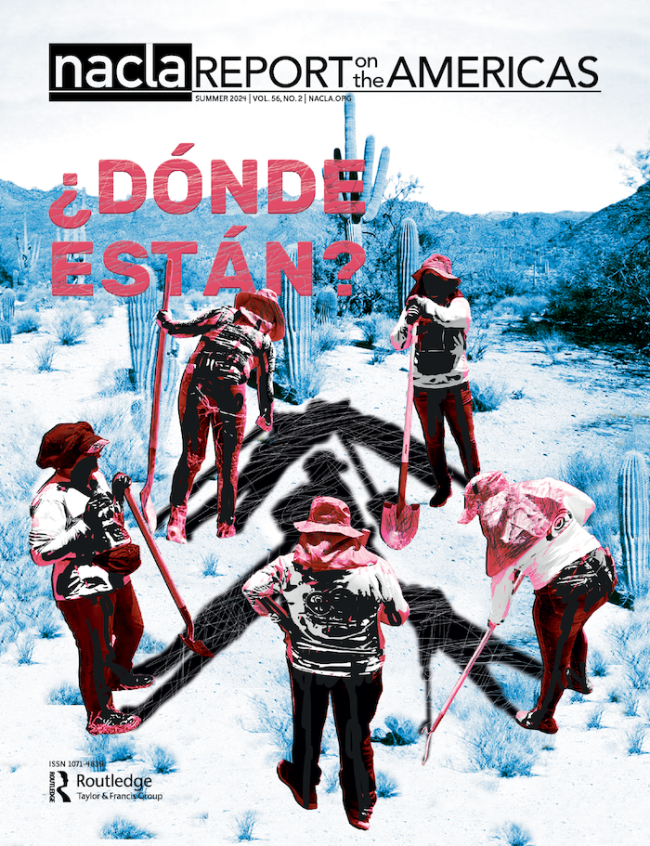Home
Three simmering scandals in Mexico, involving U.S. arms shipments to drug cartels, the presence of Guatemalan paramilitaries who had been trained under U.S. auspices, and money laundering by a prominent U.S. bank, have led many Mexicans to believe that that the guns, the assassins, and the laundered money that are at the heart of the drug violence, that has taken almost 35,000 lives since 2007, all carry U.S. fingerprints.
On April 24, the New York based Movement for Justice in El Barrio (MJB) will launch several days of global action calling for the release of five indigenous Zapatista supporters, who are being held by the Mexican police in the state of Chiapas. The “Bachajón 5,” as they are called, were arrested on February 3 when approximately 300 state police raided a meeting of indigenous Zapatista supporters in San Sebastian Bachajón, Chiapas, arresting 117 people. All were released except for the five who remain in prison as part of what human rights organizations call a fabricated conflict to strip the community, particularly the Zapatistas, of their territorial rights.
Threatened by new forms of indigenous and populist power, Bolivian agrarian and political elites have regrouped after a series of setbacks since President Evo Morales was first elected in 2005. They are now working within the realm of “popular citizenship,” joining forces across regional bounds to demand territorial “autonomy” and decentralized governance to maintain control over the resource wealth in their departments (states). The new legalistic, human rights frame provides a powerful and distinctive platform for rightists, which once again places them center stage in Bolivian politics.
This article first appeared in the January/February 2011 edition of NACLA Report on the Americas.
Among the villains in the crosshairs of the Department of Homeland Security’s $57 billion 2012 Fiscal Year budget are coyotes, the smugglers migrants often hire to help them enter the United States without authorization. The border enforcement part of this budget, which supports an all-time high number of agents and officers, will in part focus on taking down these "criminals." However the book, Clandestine Crossings, by David Spener, directly challenges this "discursive" and costly fable about coyotes, and in doing so reveals that coyotes play an essential role for migrants trying to resist a blatantly unjust system.










